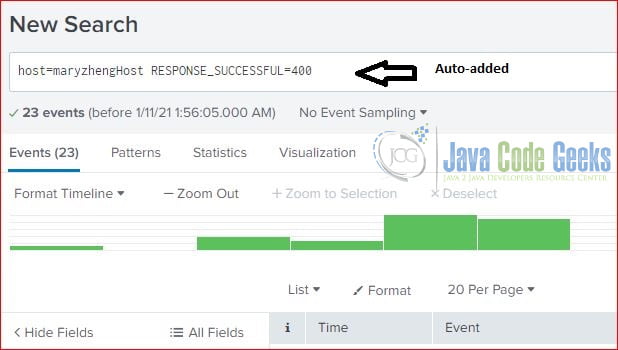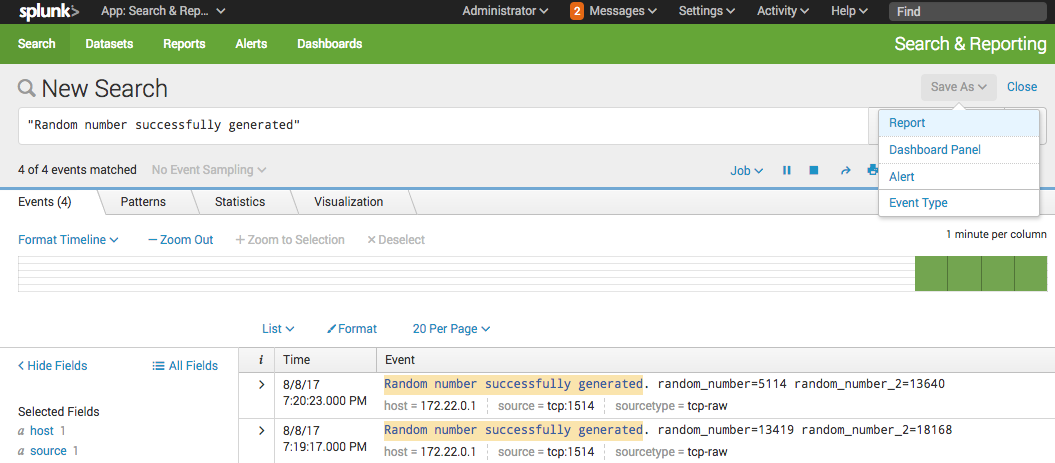
If you want to do more, or the first search isn't fast enough, check out the app. The benefit of my app for this analysis (in addition to all the other visibility you can get) is that in my lab, it is over 50 times faster. However, you can run the report with the following search: | tstats count sum(total_run_time) avg(total_run_time) avg(scan_count) avg(event_count) values(user) from `SA_SearchHistory` where searchtype=scheduled groupby savedsearch_name | sort 10 - "sum(total_run_time)"

The search outputs details on the schedule of the searches, their run time. All of these saved search types are configured in nf. dispatch () method supports two ways of transferring parameters via args. A bit of history: my python program finds a Saved Search by its name and instantiates a job via. nf: myverylongandintensivesavedsearchname. The default value is 2p which means 2 times longer than the scheduled interval of your search. There are many types of saved searches, including reports, alerts, scheduled searches, swimlane searches, and KPIs. I am looking for an example of dispatching a saved search job with custom latest and earliest boundaries. Edit your nf file and set the dispatch.ttl value. In order to accomplish this I need to be able to pass parameters to the saved search such as host name, time range, span etc My saved search: PerfmonProcessorProcessorTimeTotal 0 alert. The current version of the app doesn't have a report (I'm adding it into the next version). This Splunk search will provide detailed output on all scheduled searches. A search that a user makes available for later use. As the searches are tuned / modified all dashboards referencing that saved search will get the updated content.

Save the search along with the reportcache command 2. If you are using reports, also referred to as 'saved searches,' in the Splunk Dashboard Studio see, Use reports and saved. See Create and edit reports in the Reporting Manual. When you create a search that you would like to run again, you can save the search as a report. PART FOUR Enabling automatic caching: After you have found and tested a search/report you want to cache moving forward: 1. In the Search app, the choices are listed under the Save As drop-down.

Datadog, Kibana, Prometheus, Graphite, and Splunk are the most popular. That said, if you want to do large scale analysis on your search logs, I recommend checking out my app, Search Activity. You should be able to get back to the original search/report prior to the caching. You can export saved dashboards, search results, visualisations and more inside. The specific answer to your question is: index=_internal savedsearch_name=* NOT savedsearch_name="" sourcetype=splunk_audit OR sourcetype=audittrail | stats count sum(total_run_time) avg(total_run_time) avg(scan_count) avg(event_count) by savedsearch_name | sort 10 - "sum(total_run_time)"


 0 kommentar(er)
0 kommentar(er)
